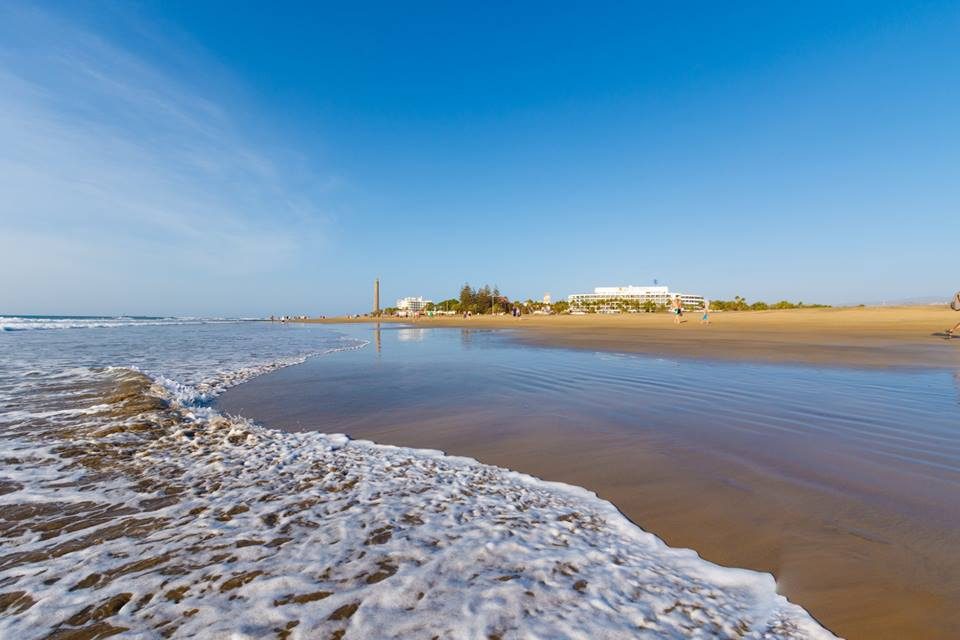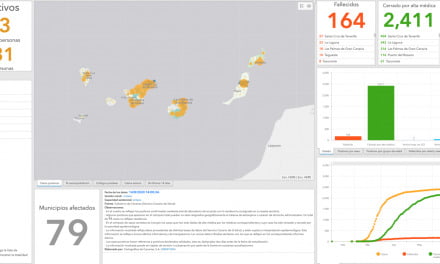Spain has put measures in place to limit the spread of coronavirus (COVID-19).
For information on how to return to the UK from Spain, see Return to the UK
If you’re currently in Spain, follow the advice of local authorities. Anybody planning to travel to Spain should consult their airline or tour operator and note that the FCO advises British nationals against all but essential international travel.
Spain declared a State of Emergency (“Estado de Alarma”) on 14 March, which introduces a series of measures including significant restrictions on movement throughout the country in response to the coronavirus outbreak.
Following further border restrictions, only Spanish citizens, those who are legally resident in Spain, frontier workers or those who can prove they need to enter Spain for essential reasons will be allowed to enter the country. Only green residency certificates will be accepted as proof of residency in Spain and British travellers who are not resident and/or not in possession of this certificate should not attempt to enter the country. Padron certificates, utility bills and property deeds will not be accepted by Spanish authorities as proof of residency.
British travellers who are not resident in Spain or do not have a residency certificate with them should not travel to Gibraltar and then attempt to enter Spain via the land frontier.
British travellers who are currently in Spain and who wish to return to the UK will continue to be allowed to depart and are advised to make travel plans to do so as soon as possible. For those returning to the UK by road via France, please ensure you check the travel advice for France.
For those returning to the UK via Gibraltar, please ensure you check the travel advice for Gibraltar.
For information on how to return to the UK from Spain, see Return to the UK.
De-escalation measures
On April 28, the Spanish government announced a four-stage de-escalation plan to gradually ease the current confinement and mobility measures over an estimated period of at least 8 weeks.
While no specific dates have been attributed to each phase, it is estimated that each one will last for an initial period of 2 weeks from May 4. Moving from one phase to another will be contingent on the control of the COVID-19 outbreak in Spain and different provinces and regions of Spain may progress at different speeds.
You can consult the specific measures included in each phase of the national plan here and should refer to local authorities for guidance on the specific measures where you are. Social distancing measures and other safety precautions should be considered at all times. Spanish authorities “highly recommend” the use of face masks on public transport and for all activities outside the home.
Accommodation
The Spanish government has ordered that hotels and short-stay accommodation (such as short-stay campsites or caravan parks) must close by midnight 26 March. These measures do not apply to long-term accommodation, such as long-stay campsites, as long as clients can cater for themselves, in their own spaces (i.e. that clients do not rely on communal facilities).
The Spanish government has published a list of accommodation in each region that will remain open during the State of Emergency. The list may be modified so we advise you to check with the hotels directly. Whilst this is mainly intended for key workers, the accommodation will also be available for tourists who have been unable to return home. Hotels and other tourist accommodation are expected to re-open (with access restrictions to communal areas) when Phase 1 of the plan is activated.
If you’re currently on holiday in Spain, check with your tour operator or accommodation provider for further information. If you’re travelling and wish to return to the UK, see Return to the UK.
If you cannot travel back to the UK due to ill health or reduced mobility, you may wish to consider looking for longer-term accommodation in Spain until the State of Emergency is lifted. If you need medical treatment, the UK EHIC is still valid for the rest of 2020.
Air, land and sea borders
Only Spanish citizens or those who can prove residency in Spain by presenting a green residency certificate, are allowed to enter Spain through airports, ports or land borders. British travellers who are not resident or are not in possession of this certificate should not attempt to enter the country. Padron certificates, utility bills and property deeds will not be accepted by Spanish authorities as proof of residency.
The following categories of people are also exempt from border restrictions:
- Frontier workers
- Health workers
- Those who are transiting Spain to their country of residence in EU/Schengen area
- Those with a Schengen visa who are transiting Spain to their country of residence in EU/Schengen area
- Those who can prove that they need to enter Spain for essential reasons
These measures follow the restrictions on land borders which were introduced on Tuesday 17 March.
British travellers will continue to be allowed to leave Spain to return to their country of residence.
The land borders remain open for those leaving Spain. British nationals can still drive through France to return to the UK, but you will need to complete an ‘attestation’ (declaration) specifying the reason for being outside. If you’re planning to use this route, check the latest FCO travel advice for France ahead of your journey. In addition to the required ‘attestation’ you may also find this letter explaining the reason for your journey useful in both France and Spain, see Return to UK.
For information on travel via Gibraltar, see Return to UK.
At present, airports remain open, but airlines are operating heavily reduced services. There are no passenger ferries currently operating between Spain and the UK. You should make alternative arrangements to return to the UK. For information on how to return to the UK from Spain, see Return to UK.
Public places and transport
Public gatherings are banned, most shops other than those selling food or other essential items such as pharmacies will be closed, many businesses and all schools and universities are closed, and all citizens have been instructed to remain at home except when going about a limited set of activities, in particular:
- to buy food or other essential items
- to return home to their primary residence
- to go to hospital or other health centres
- to go to work if you are employed in one of the essential services designated by the government see full list here
- to carry out caring or similar duties or in case of real need.
As from May 4, Phase 0 of the de-escalation plan will allow for individuals to do exercise outdoors and for members of the same household to take a walk together outside.
Urban and inter-regional transport services (i.e. coaches and trains) are operating at reduced levels. Travel to airports by road or rail to leave Spain is still permitted, but travellers may be asked to provide evidence that they are departing Spain (i.e. plane ticket).
Further information
For more information from the Spanish authorities, see the Spanish Ministry of Health website or their official Twitter channel.
See the TravelHealthPro website for further advice on travel abroad and reducing spread of respiratory viruses during the COVID-19 pandemic.
You can find more information about cases in Spain on the TravelHealthPro country page.














